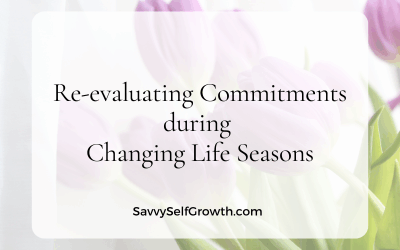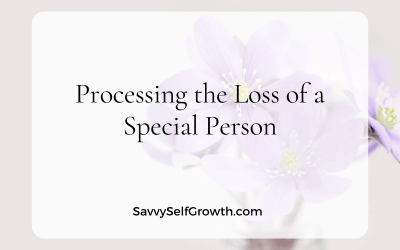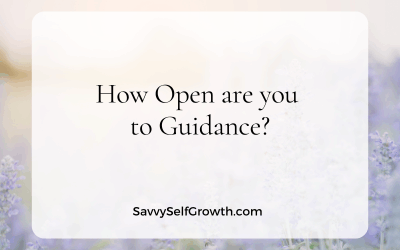Why are Values Important?
If you prefer an audible version, please scroll to the bottom of the post for the podcast with this content in audio format!
If our goals are not in alignment with our values, we are going to have an incredibly tough time sticking to those goals. It will require enormous effort to reach them and we’ll probably struggle so much that we throw in the towel at some point.
Dr John Demartini says “You stand in the way of your own success when you set goals that are incongruent with your true higher values and have unrealistic expectations in terms of what you want and when. Either adjust your goals to match your values or adjust your values to match your goals. Otherwise unrealistic expectations can lead to frustrating results and volatile emotions.”
Whatever our goal is, we have to make sure that our highest values will support that goal. The struggle between opposing goals and values is just not worth it.
Dr John Demartini continues about values: “When you live according to your highest values you become inspired and awaken genius. When you live according to your lower values you require continuous outside motivation and you suppress your genius.”
Steve Pavlina is a personal development expert with more than a 1,000 articles under his belt, and a truly amazing and inspiring life story. He says “The main benefit of knowing your values is that you will gain tremendous clarity and focus, but ultimately you must use that newfound clarity to make consistent decisions and take committed action. So the whole point of discovering your values is to improve the results you get in those areas that are truly most important to you.”
Determine your Own Values
Sit down in a quiet spot. Do some gentle breathing to calm your mind and bring you into the present moment. Just for now, put all the other worries and your long to-do list aside. You can always pick it up again later. This is your time, to discover your values– and it will save you time, tears and frustration in future. Focus solely on this exercise even if it’s only for 30 minutes. You will revise and refine your values over time. See this as a first draft. It does not have to be perfect. You can’t do it wrong – it can only help you.
Step 1: Get a pen and paper or notebook. Ask yourself “What is truly important to me in my life?”
Step 2: Brainstorm a list of ideas. Put down everything you can think of in a list. If it’s a sentence like “I love spending time with my grandchildren”, shorten it to “family time”. Ideally, we want one or two words per value. Don’t worry yet about the length of your list, or the order of the words. Just get everything down.
To build your own list from personal experiences follow this process:
- Think of a brief moment in your experience when life was especially satisfying and rewarding.
- What were you doing?
- Who was present?
- What qualities or values were you displaying?
- What did each of these experiences give me? (For instance, getting my degree gave me a sense of achievement and I gained knowledge)
Step 3: If you’re completely stuck, there is a list of ideas you might look through and choose from in Appendix A. Do your best to build your own list first. It’s tempting to find values on someone else’s list that we think we “should” have, or that will look good. This will only take you further away from living your own authentic truth!
Step 4: Ideally, we don’t want an endless list – it could complicate things later. Prune your list for now to maximum of 10—20 values. If your list is far longer, combine ideas that are very similar (like rest/vacations) on 1 line or into a single idea. You can also cut out a few that only just made it onto the list. It could take a few passes through to have your final list and that’s okay.
It’s important that your list includes only things you can achieve, have or feel without requiring others to behave in a particular way. In other words, a word like “super-fit spouse” is not appropriate while something like “acceptance” or “peace” is do-able without expecting another person to be a certain way.
You might end up with something like
- Health
- Time with loved ones
- Compassion
- Making a difference
- Awareness
- Honesty
- Abundance
- Delivering great value
- Simplicity, structure
- Love
- Gratitude
- Fun, joy, enthusiasm, laughter
- Learning/Knowledge
- Wisdom
- Writing/sharing/teaching
- Peace
Step 5: Now we want to prioritize our values. This could likely be the most challenging step. It might take time and quite a bit of effort to put them in just the right order. Again – take your time, it may take a number of passes and that’s ok! Our list of values and their priority will keep changing throughout our life. At 20, our first priority might have been to find a suitable partner and at 40, it might be our health. You’re a growing human being, not a solid rock. Flow, change and flexibility are parts of life we don’t always embrace by choice. Here’s your chance!
One way of finding the priority is to ask yourself the following:
- “If I could have only one of these satisfied, which one would it be?” or
- “Which of these is truly the most important”?
- Write that one at the top of the list.
- Then look at the rest and go through the same process until all of them are in an order you’re comfortable with.
If it’s really hard to decide, create imaginary scenarios in your mind. Turn it into a question.
- “If I had only one free night this week, would I rather spend it learning (reading) or talking with my husband?”
- “If I suddenly lost all my money (abundance), could I still be grateful for other things?”
- “Is money really that important to me then?“
Just as an example, let’s say I’ve prioritised my original list into the following order:
- Peace
- Love
- Gratitude
- Wisdom
- Making a difference
- Compassion
- Awareness
- Honesty
- Simplicity, structure
- Fun, joy, enthusiasm, laughter
- Learning/Knowledge
- Writing/sharing/teaching
- Delivering great value
- Time with loved ones
- Health
- Abundance/wealth/comfort
What kind of life would you say I would lead? Would you agree that business, money and my personal health will take a secondary seat to helping others?
Consider what kind of person might order their list in this way:
- Abundance/wealth/comfort
- Delivering great value
- Fun, joy, enthusiasm, laughter
- Simplicity, structure
- Health
- Time with loved ones
- Writing/sharing/teaching
- Making a difference
- Compassion
- Awareness
- Honesty
- Learning/Knowledge
- Love
- Peace
- Gratitude
- Wisdom
Can you recognize that these 2 people will lead very different lives, behave in very different ways, make different decisions and spend their time doing very different things?
It’s important to realise that we all have values, whether we’re aware of them or not. Our lives can be incredibly unhappy and unfulfilled if we’re not aware of our own values, and try to live according to the values that we think we should have, or those that other people think we should live by.
Subscribe with ITunes




